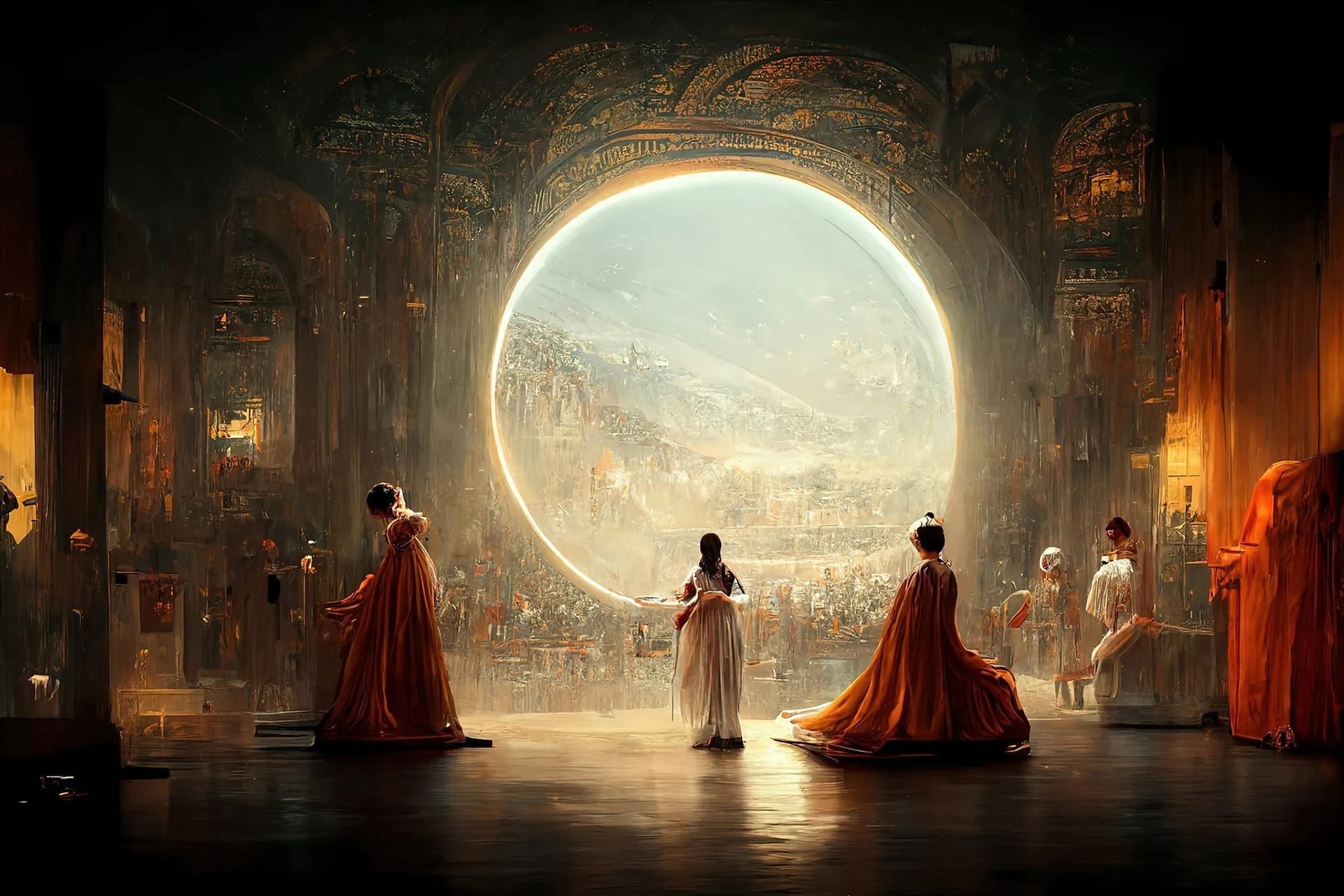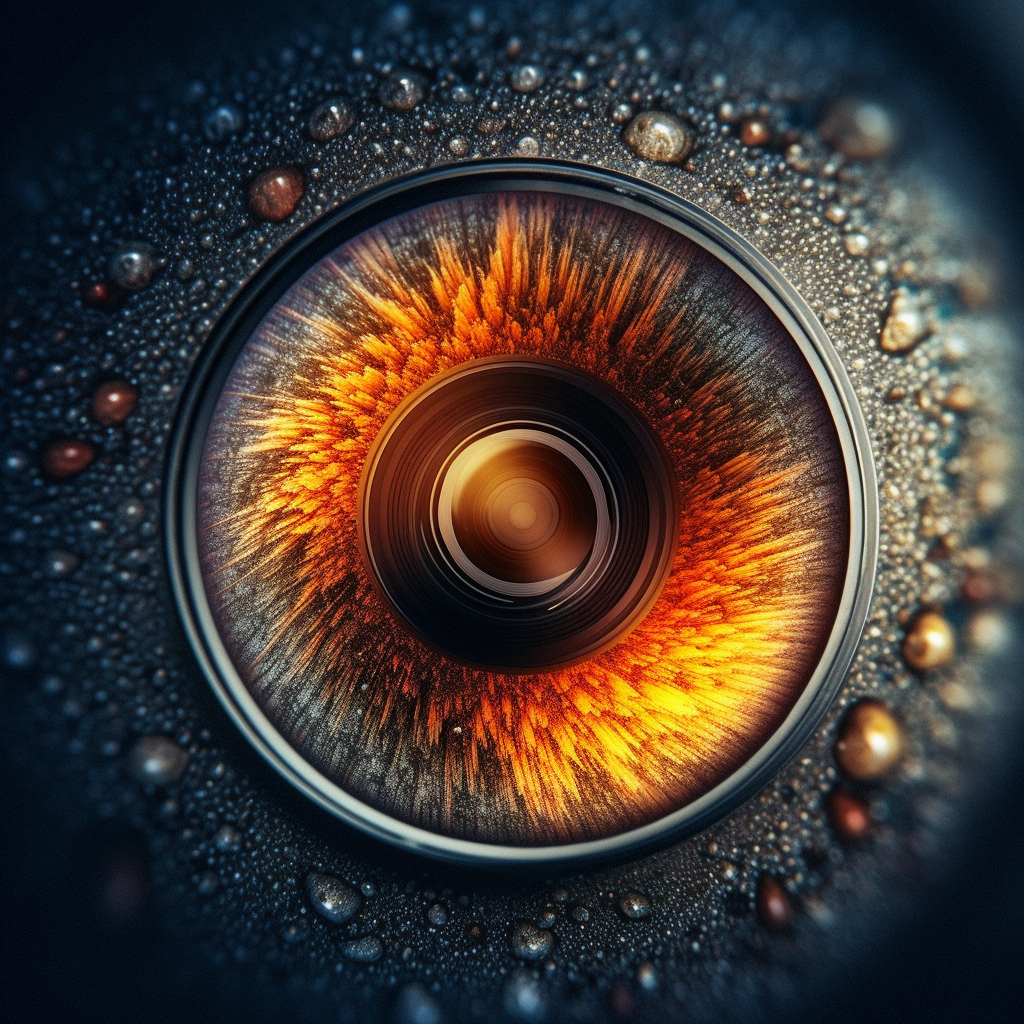In a precedent-setting legal battle, artist Jason M. Allen is challenging the U.S. Copyright Office’s decision to deny copyright protection for his AI-generated artwork, Theatre D’opera Spatial. This lawsuit is poised to reshape the future of intellectual property rights in the digital era, where artificial intelligence (AI) increasingly intersects with creative expression.
The case, now pending in the U.S. District Court for the District of Colorado, revolves around the question of what constitutes human authorship in a world where AI can produce art that rivals the imagination of human creators. Allen, who created the piece using the AI system Midjourney, asserts that the work is the result of his artistic vision and therefore deserving of the same copyright protections as traditional, hand-crafted works.
According to Allen’s legal team, led by attorney Tamara Pester, the artist played a pivotal role in guiding the AI to manifest his creative ideas, effectively using it as a tool comparable to a camera or paintbrush. Despite this, the Copyright Office dismissed his application after he refused to disclaim the portions of the image generated by AI, citing the significant involvement of non-human authorship in the creation process.
Allen’s plight is not isolated. The Office has previously revoked copyright claims for other AI-produced artworks, such as those by artist Kris Kashtanova, reflecting a firm stance on the issue. The denial, according to Allen, undermines the legitimacy of artists using new technologies to explore uncharted creative territories, and leaves creators in legal limbo when trying to protect their works.
“It’s about recognizing that AI, like other tools, can serve as an extension of human creativity,” Allen stated. “The art wouldn’t exist without my vision. Midjourney simply helped me achieve it.
The outcome of Allen v. Perlmutter—named after the Copyright Office’s director—could have sweeping implications for artists, musicians, and other creators experimenting with AI systems. At its core, the case questions whether a machine-assisted creation can possess the requisite level of human input to be considered a product of human authorship, a cornerstone for copyright eligibility under current U.S. law.
Implications Beyond the Courtroom
As AI technology advances, it is increasingly capable of generating artworks that blur the line between human and machine-made creations. Legal experts warn that a ruling against Allen could set a restrictive precedent, discouraging artists from adopting AI tools and stifling innovation in the arts. Conversely, a ruling in his favor might prompt a reevaluation of copyright laws, ushering in new frameworks that better accommodate AI’s role in contemporary artmaking.
“This case is about more than one artist’s copyright,” said Sara Bryant, a professor of intellectual property law at Columbia University. “It’s about establishing how we define creativity and authorship when humans collaborate with intelligent machines.”
For now, the art world watches closely as Allen’s case moves through the courts. With AI-generated content becoming increasingly prominent—from visual art to literature to music—the question of how to protect such works under existing copyright law remains unanswered.
A Broader Debate on Human Agency and Machine Collaboration
The debate surrounding AI-generated art highlights broader philosophical and ethical questions about human agency in artistic production. Advocates argue that AI should be viewed as a co-creator, and that artists using AI as a medium are simply evolving traditional practices to incorporate new tools. Critics, however, caution that granting copyright to AI-assisted works could dilute the concept of human authorship and open the floodgates to a deluge of AI-generated content vying for protection.
The stakes are high. With companies investing billions in AI technologies that can compose music, write stories, and create visual art, the economic implications of defining AI-generated works under copyright law could be profound. The court’s decision will likely serve as a bellwether for how such disputes are handled in the future.
For now, all eyes are on Allen’s legal team as they prepare for the next phase of this landmark case. The outcome will determine whether the artistic creations of the digital age are afforded the same legal protections as those made by human hands alone—or whether a new paradigm is needed to accommodate the evolving nature of creativity itself.


Member comments